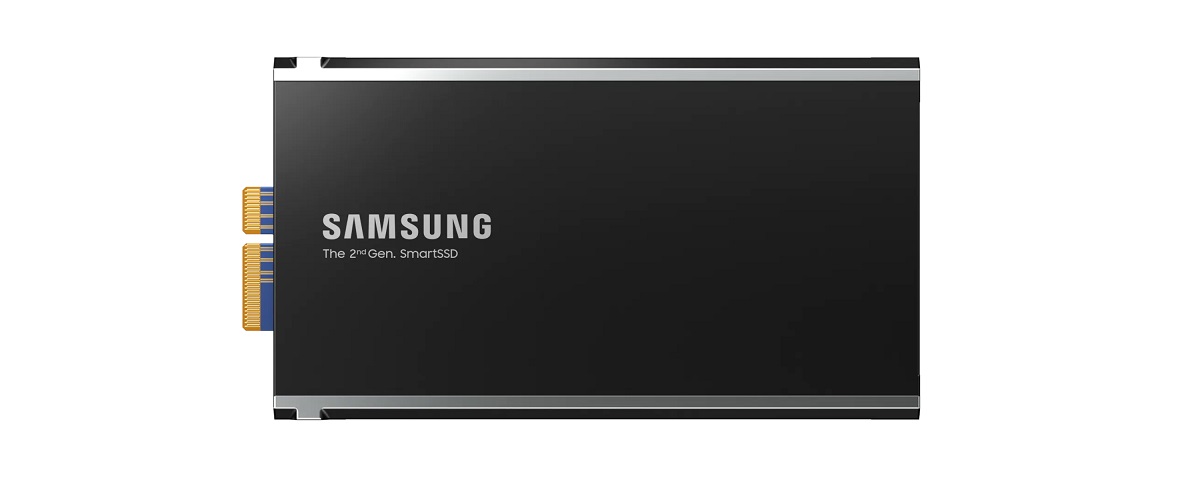Samsung has successfully developed the second-generation SmartSSD
Samsung announced that it has successfully developed the second-generation Smart Solid State Drive (SmartSSD). In Samsung’s view, smart solid-state drives can easily meet the growing needs of customers in the fields of database and video transcoding, expanding the boundaries of the next-generation storage market.

This new type of proprietary computing storage adds data processing capabilities to solid-state drives that process data directly, minimizing data transfers between the CPU, GPU, and RAM, and avoiding constraints caused by data congestion between devices improves system performance and increases energy efficiency. Samsung said that with the development of next-generation technologies such as artificial intelligence, 5G/6G networks, and machine learning, the amount of data processing becomes larger and larger, and smart solid-state drives will play an even more important role.
The project was jointly developed by Samsung and AMD. Compared with the first-generation smart solid-state drive launched in 2020, the computing performance has more than doubled. Using the software and IP developed by the customer, combined with the built-in Arm architecture core, can process data more efficiently. Compared with traditional solid-state drives, the computing time of a system equipped with the second-generation smart solid-state drive can be shortened by 50%, power consumption can be reduced by 70%, and CPU utilization can be reduced by 97%.
Samsung Electronics is leading efforts to standardize SmartSSD technology through close collaboration with the Storage Networking Industry Association (SNIA) and with NVM Express while seeking to expand the boundaries of SmartSSD devices through technological validation for a wide variety of applications.





